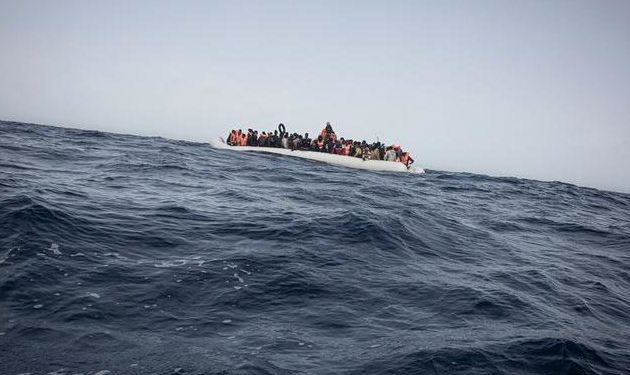Over the past two weeks, at least 70 migrants have gone missing at sea and are presumed dead off the coast of Libya, the UN migration agency said on Thursday.
“I am appalled by the continuing loss of life in the Central Mediterranean and the lack of action to tackle this ongoing tragedy,” said Federico Soda, Libya Chief of Mission for the International Organization for Migration (IOM).
On 12 March, a boat reportedly carrying 25 migrants capsized near the Libyan coast of Tobruk and while authorities rescued six people and recovered seven bodies, 12 others remain missing.
The latest incident brings the total number of migrants reported dead or missing in the Central Mediterranean up to 215 this year, according to IOM’s Missing Migrants Project.
Deadly migration route
Libya has long been a springboard for people fleeing from countries ravaged by war and poverty with the hope of reaching Europe for a better life.
IOM continues to call for concrete action to reduce the deaths in the central Mediterranean route through proactive, dedicated search and rescue missions along with a safe disembarkation mechanism, in accordance with international law.
“More than half of this year’s deaths have been recorded near the Libyan coast,” said the IOM official.
People behind the statistics
The most recent shipwreck follows devastating reports of 27 February incident in which a fiberglass boat left Sabratah port and was capsized by waves just four hours later.
While 15 bodies, including one baby, were washed ashore over the following days, no survivors were found, and some 35 migrants are still missing.
“Each missing migrant report represents a grieving family searching for answers about their loved ones,” Mr. Soda reminded.
More migration options needed
The UN migration agency stressed that these tragic incidents are often a result of unequal access to legal and safe mobility.
For people to not feel compelled to risk their lives in search of safety and better opportunities, IOM underscored the “urgent need” for more safe, orderly and regular migration options.
“Families deserve to know the fate of their children, siblings, parents, partners or friends,” concluded the IOM official.






